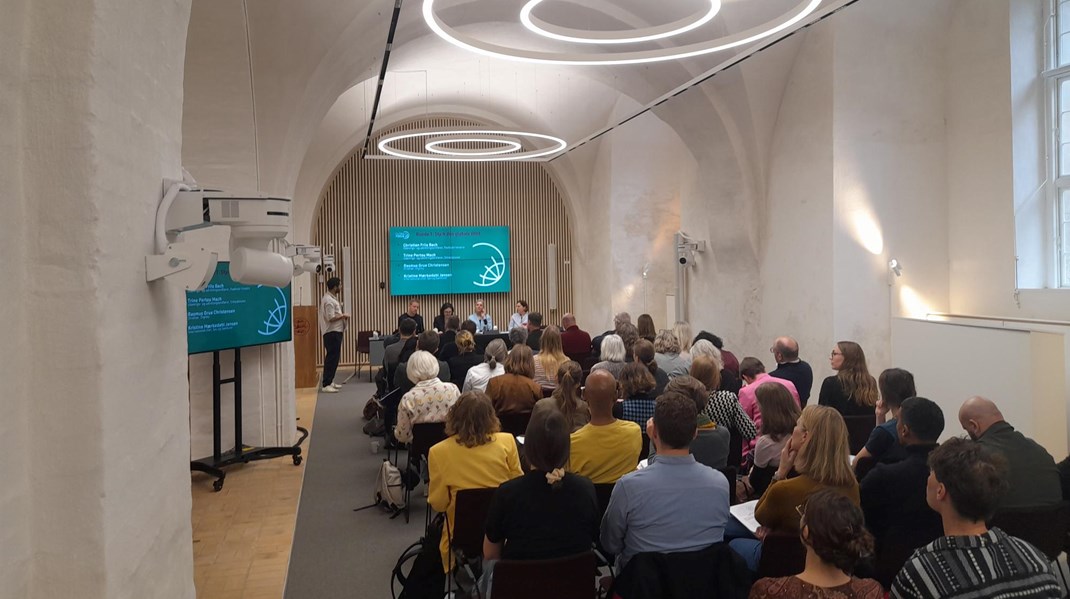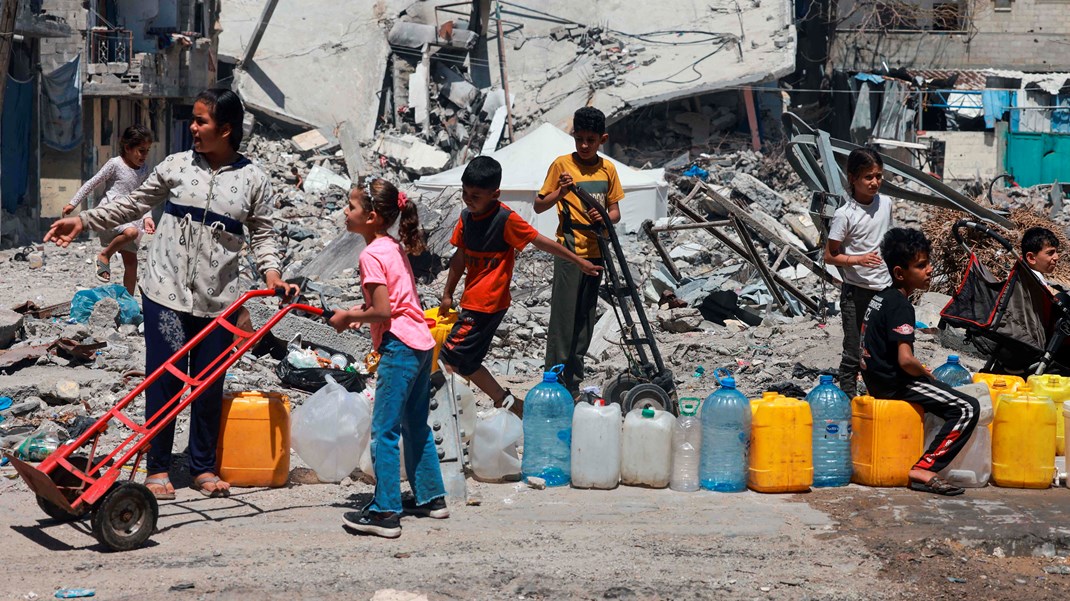MSF warns of large-scale humanitarian disaster in northeastern Nigeria
London/Geneva, 27 July 2016 – More than 500,000 people are living in “catastrophic” conditions in villages and towns across Borno state, northeastern Nigeria, according to international medical organisation Médecins Sans Frontières/Doctors Without Borders (MSF), which is calling for the provision of emergency aid for those people in immediate danger of dying from malnutrition and disease.
Forced to leave their homes by fighting between Boko Haram and the armies in the region, much of the population has been affected by months of food shortages, and their health situation is now desperate.
“In Banki, a town near the border with Cameroon, some 15,000 people are living in a half-destroyed town, and malnutrition and disease are wreaking havoc,” says MSF’s emergency coordinator Hugues Robert, who has just returned from the area. “They need quickly to be provided with food, water and urgent medical supplies.”
An MSF medical team that reached Banki, which is accessible only with a military escort, estimated extremely high mortality rates. After carrying out a rapid assessment of the local population, they found that as many as one in 12 of the population may have died in the past six months.
For children under five, the situation is especially alarming. In Banki, nearly one in three children is malnourished, while 15 percent of children screened by our teams are suffering from severe acute malnutrition, putting their lives at risk.
To respond to this humanitarian emergency, between 20 and 22 July MSF teams provided more than 4,900 children with therapeutic food, specially formulated to combat malnutrition, and vaccinated them against measles. A total of 3,600 families received emergency food aid and six people in a critical condition were transferred to a hospital in Mora, Cameroon. In Banki, MSF will also continue to provide clean water and improve sanitation.
The situation in Banki is similar to that found by Nigerian authorities and other MSF teams and aid organisations in different parts of Borno state.
"We’re discovering the extent of this crisis and we are particularly concerned for the inhabitants of the remote areas that we have not been able to access,” says Robert.
Aid efforts are made more difficult by the high level of insecurity in the region, with ongoing conflict and roads that are sometimes mined. Logistics are further complicated by the onset of the rainy season, making roads impassable.
“In conditions as dangerous as these, it is essential that people are allowed to seek refuge in safer areas, either in Nigeria or in neighbouring countries, and that those people who are seriously ill are referred to hospitals in the region,” says Robert.
MSF is calling on international organisations to mobilise to provide emergency food and medical aid to the people of Borno state.
With more than 2.7 million people uprooted from their homes, the Lake Chad basin is currently home to one of the African continent’s biggest humanitarian crises. The region is reaching breaking point due to attacks by Boko Haram and a strong military response launched to curb the violence. In response to people’s humanitarian needs, MSF has significantly scaled up its medical activities and assistance to people in the Lake Chad region in Chad, Cameroon, Niger and Nigeria. In 2015, our medical teams provided more than 340,000 consultations, treated 13,000 children for malnutrition and vaccinated more than 58,500 people against cholera.


